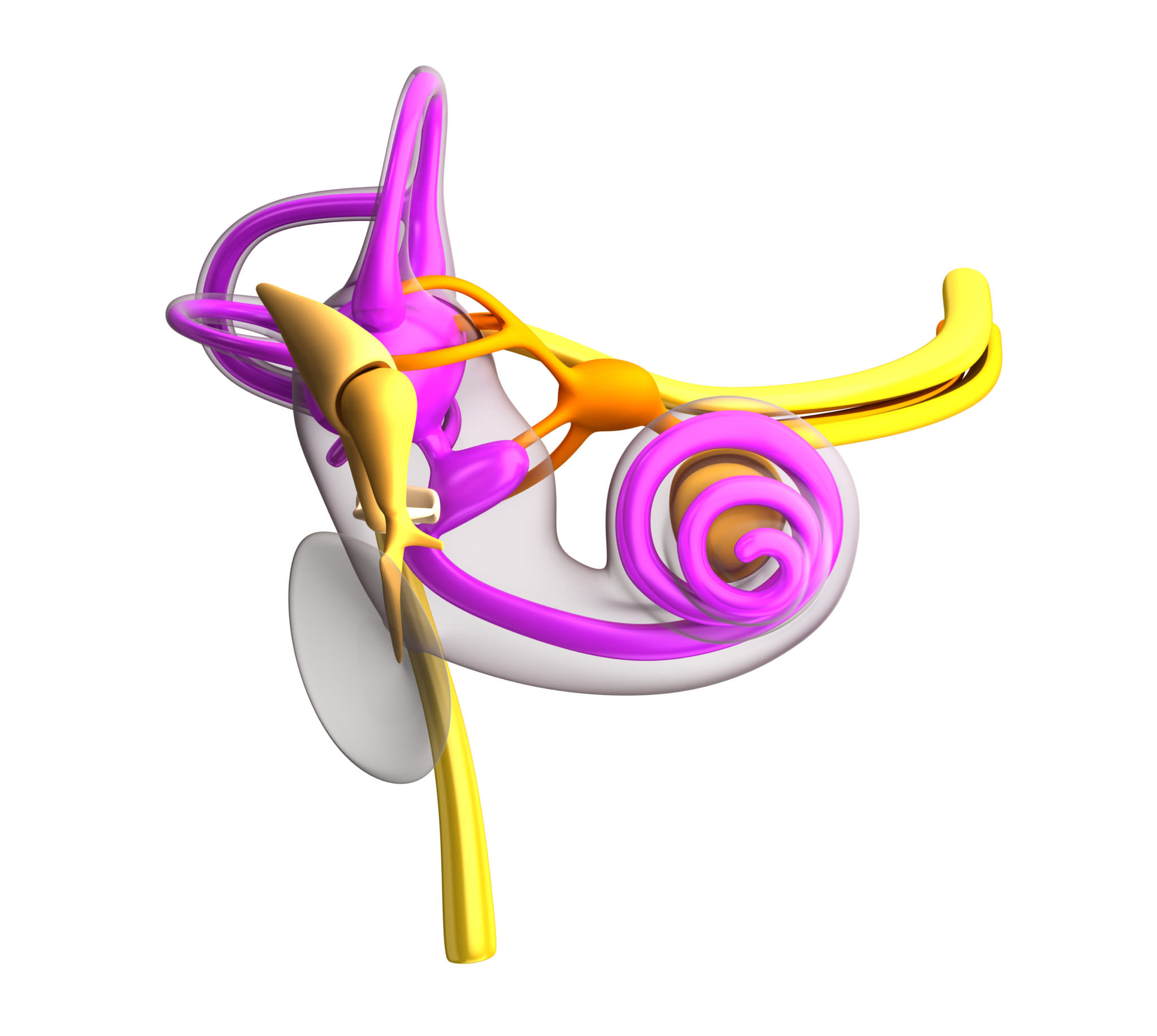Introducing the vertigo specialist, a medical professional dedicated to diagnosing and treating dizziness and balance disorders. From understanding the types of vertigo to exploring treatment options, this comprehensive guide will provide you with all the information you need to navigate the complexities of vertigo.
Vertigo is a common condition that can significantly impact your daily life. If you’re experiencing dizziness, it’s crucial to seek the expertise of a qualified vertigo specialist to receive an accurate diagnosis and personalized treatment plan.
Vertigo Specialist Definition and Scope

Vertigo is a medical condition characterized by a sensation of spinning or dizziness, often accompanied by nausea, vomiting, and balance problems. It can result from various underlying medical conditions affecting the inner ear, brain, or nervous system.
A vertigo specialist is a healthcare professional with specialized training and expertise in diagnosing and treating vertigo and related balance disorders. They possess a comprehensive understanding of the complex anatomy and physiology of the vestibular system, which is responsible for balance and spatial orientation.
Conditions and Symptoms within a Vertigo Specialist’s Scope
Vertigo specialists manage a wide range of conditions that affect the vestibular system and cause vertigo. These include:
- Benign paroxysmal positional vertigo (BPPV)
- Vestibular neuritis
- Ménière’s disease
- Migraines associated with vertigo
- Acoustic neuromas
Symptoms commonly associated with vertigo include:
- Sensation of spinning or dizziness
- Nausea and vomiting
- Balance problems
- Hearing loss or tinnitus (ringing in the ears)
- Headaches
- Nystagmus (involuntary eye movements)
Vertigo Diagnosis and Evaluation: Vertigo Specialist

Accurate diagnosis is crucial in guiding appropriate treatment decisions for vertigo. Vertigo specialists employ a comprehensive approach involving physical exams, medical history reviews, and specialized tests to determine the underlying cause of vertigo.
Physical Examination
- Head and Neck Examination:Checks for nystagmus (involuntary eye movements), hearing loss, and balance issues.
- Neurological Examination:Tests reflexes, muscle strength, and sensory function to assess for neurological involvement.
Medical History Review
Vertigo specialists gather detailed medical history, including:
- Symptoms (duration, severity, triggers)
- Past medical conditions (e.g., ear infections, head injuries)
- Medications and allergies
Specialized Tests
- Videonystagmography (VNG):Records eye movements to assess for nystagmus and determine its characteristics.
- Posturography:Evaluates balance and stability by measuring body sway on a platform.
- Electrocochleography (ECoG):Measures electrical activity in the inner ear to assess hearing function.
Vertigo Treatment Options

Vertigo, characterized by a sensation of spinning or dizziness, can significantly impact an individual’s quality of life. Fortunately, various treatment options are available to alleviate symptoms and restore balance.
Conservative Measures
- Vestibular Rehabilitation Therapy (VRT):VRT aims to retrain the brain to compensate for balance disorders caused by vertigo. Exercises focus on eye movements, balance control, and spatial orientation.
- Lifestyle Modifications:Avoiding sudden head movements, maintaining proper hydration, and getting adequate sleep can help reduce vertigo episodes.
- Canalith Repositioning Maneuvers:These maneuvers involve specific head and body movements designed to reposition displaced calcium crystals in the inner ear.
Medications
- Antihistamines:These medications can help reduce dizziness and nausea associated with vertigo.
- Anticholinergics:These drugs can block the effects of acetylcholine, a neurotransmitter involved in balance and dizziness.
- Benzodiazepines:Benzodiazepines can provide short-term relief from vertigo-related anxiety and dizziness.
Surgical Interventions
- Vestibular Nerve Section:This procedure involves cutting the vestibular nerve, which transmits balance information from the inner ear to the brain.
- Labyrinthectomy:This surgery removes the balance organs in the inner ear, eliminating vertigo but also resulting in permanent hearing loss.
| Treatment Option | Effectiveness | Risks | Benefits |
|---|---|---|---|
| Conservative Measures | Moderate to high | Minimal | Non-invasive, cost-effective |
| Medications | Variable | Side effects (e.g., drowsiness, blurred vision) | Temporary relief from symptoms |
| Surgical Interventions | High | Permanent hearing loss, balance problems | Elimination of vertigo in severe cases |
Vertigo Management and Rehabilitation

Vertigo specialists employ various strategies to manage and rehabilitate patients with vertigo. These strategies aim to reduce symptoms, improve balance, and restore functional abilities.
A key component of vertigo management is vestibular exercises. These exercises are designed to stimulate the vestibular system and promote its adaptation to changes in head movement. They involve movements that challenge the balance system, such as head turns, tilts, and gaze stabilization exercises.
Vertigo is a common condition that can affect people of all ages. It is characterized by a spinning sensation, which can be accompanied by nausea, vomiting, and difficulty walking. If you are experiencing any of these symptoms, it is important to see a vertigo specialist.
They can help you determine the cause of your vertigo and recommend the best course of treatment. In the meantime, you can learn more about the signs of vertigo in adults so that you can be better prepared to discuss your symptoms with your doctor.
Lifestyle Modifications, Vertigo specialist
Lifestyle modifications can also play a significant role in managing vertigo. These include:
- Reducing stress levels
- Getting regular exercise
- Maintaining a healthy diet
- Avoiding caffeine and alcohol
- Getting enough sleep
Assistive Devices
Assistive devices can provide support and stability for patients with vertigo. These devices include:
- Canes or walking sticks
- Balance braces
- Hearing aids
- Vestibular implants
Best Practices for Vertigo Management and Rehabilitation
- Early diagnosis and treatment
- Individualized treatment plan tailored to the patient’s specific needs
- Regular follow-up appointments to monitor progress and adjust treatment as necessary
- Patient education and empowerment
- Interdisciplinary approach involving medical professionals, therapists, and rehabilitation specialists
Finding a Qualified Vertigo Specialist
Seeking care from a qualified vertigo specialist is crucial for accurate diagnosis, effective treatment, and successful management of vertigo. These specialists possess advanced training and expertise in diagnosing and treating balance disorders, including vertigo.
Identifying a Reputable Vertigo Specialist
To identify a reputable vertigo specialist, consider the following tips:
- Seek referrals from your primary care physician or other healthcare professionals.
- Check for board certification in otolaryngology (ear, nose, and throat) or neurology.
- Look for additional certifications or training in vertigo management, such as the American Academy of Otolaryngology-Head and Neck Surgery’s (AAO-HNS) Certificate of Added Qualifications in Neurotology.
- Read online reviews and testimonials from previous patients.
- Consider the specialist’s experience and success rates in treating vertigo.
Benefits of Seeking a Specialist with Vertigo Expertise
Consulting a specialist with specific certifications or training in vertigo management offers several benefits:
- Increased accuracy in diagnosis and appropriate treatment recommendations.
- Access to advanced diagnostic techniques and specialized equipment.
- Comprehensive treatment plans tailored to your specific condition.
- Enhanced coordination of care with other healthcare providers involved in your treatment.
Closing Notes
Remember, finding a qualified vertigo specialist is key to managing your condition effectively. By following the tips Artikeld in this guide, you can confidently identify a reputable specialist who will provide you with the support and guidance you need to regain your balance and improve your quality of life.
